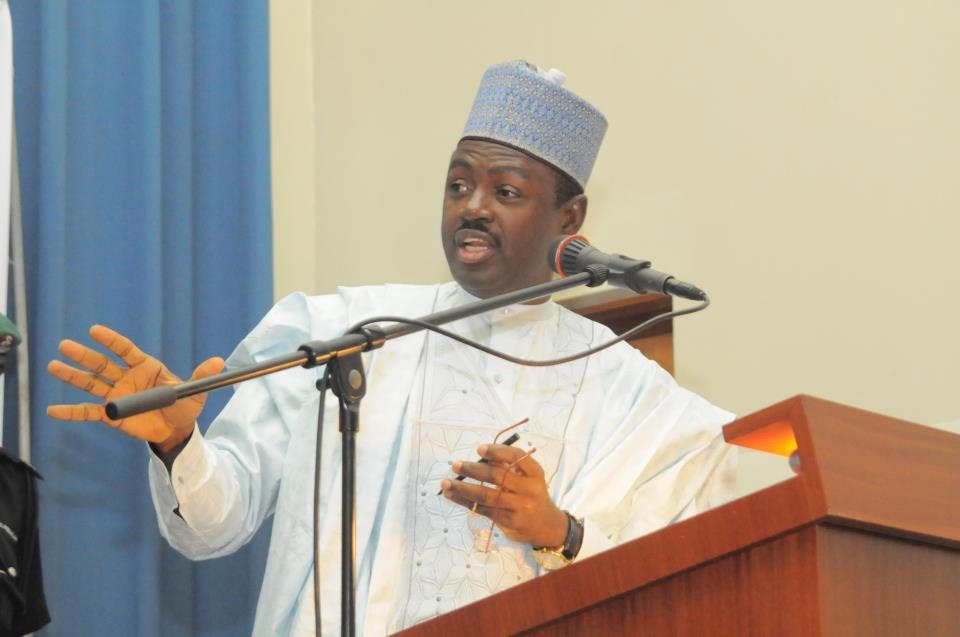
THE Federal Executive Council (FEC), on Wednesday, gave the go ahead for the Ministry of Finance to obtain a $170 million loan facility from the French Development Agency, to strengthen power infrastructure in the Federal Capital Territory (FCT).
Minister of Information, Mr Labaran Maku and Coordinating Minister for the Economy, Dr Ngozi Okonjo-Iweala, revealed these while briefing State House correspondents at the end of the meeting presided over by President Goodluck Jonathan.
Maku, who spoke first, explained that FEC had previously given an anticipatory approval for the French loan, which was consequently tied up during the recent visit of President François Hollande of France to the country.
“The loan, which is usually given on exceptionally concessionary grounds to developing countries and friendly countries by the French government, was taken to undertake 270 kilometre transmission lines and the construction of additional substations within the FCT and to build additional power substations in the FCT to boost power supply in the FCT.
“In this instance, when the French president visited, following discussions with the Nigerian government, the two leaders accepted the need for this loan, which is to support the power infrastructure in Abuja.
“Abuja is one of the fastest growing cities in the world and certainly the fastest growing city in the continent of Africa.
“We need to continually update infrastructure, particularly power supply, to the city as it expands from the city centre outwards.
“We are happy because this loan was taken and it shows the confidence of the French government in the Nigerian economy,” he said.
On the diaspora bond, the minister said FEC took the decision in line with Jonathan’s promise to involve all Nigerians, particularly those in the diaspora, in the transformation agenda.
“We ratified the earlier approval by the president, which was given to the Federal Ministry of Finance to float a diaspora bond of about $100 to $300million to enable Nigerians living out of this country to invest in the country,” he added.
In her remarks, Okonjo-Iweala explained the terms of loan including 1.56 per cent interest rate per annum, commitment charge of 0.5 per cent per annum and then a service charge of 0.25 per cent per annum payable on the amount withdrawn.
“The loan is for 20 years, with a seven years grace period, that means moratorium on payment for seven years and the rest payable over 20 years. This will help to boost our transmission,” she said.
On the Global Depository Notes, Okonjo-Iweala explained that it would enable the country to diversify foreign investment.
According to her, “this is an arrangement you make when you want to diversify and enlarge the universe of those nesting in your bonds.
“You work with an international bank that can issue this notes to people outside. They may be foreign investors who want to invest in Nigeria, but their laws do not allow them to invest directly in another domestic currency.
“What they do is working with these international bank. The international bank can arrange to have them facilitate the investment in our own naira by issuing this notes, which they can then invest in and purchase.
“We will be working with several international and also local organisations who will be helping us,” she added.
